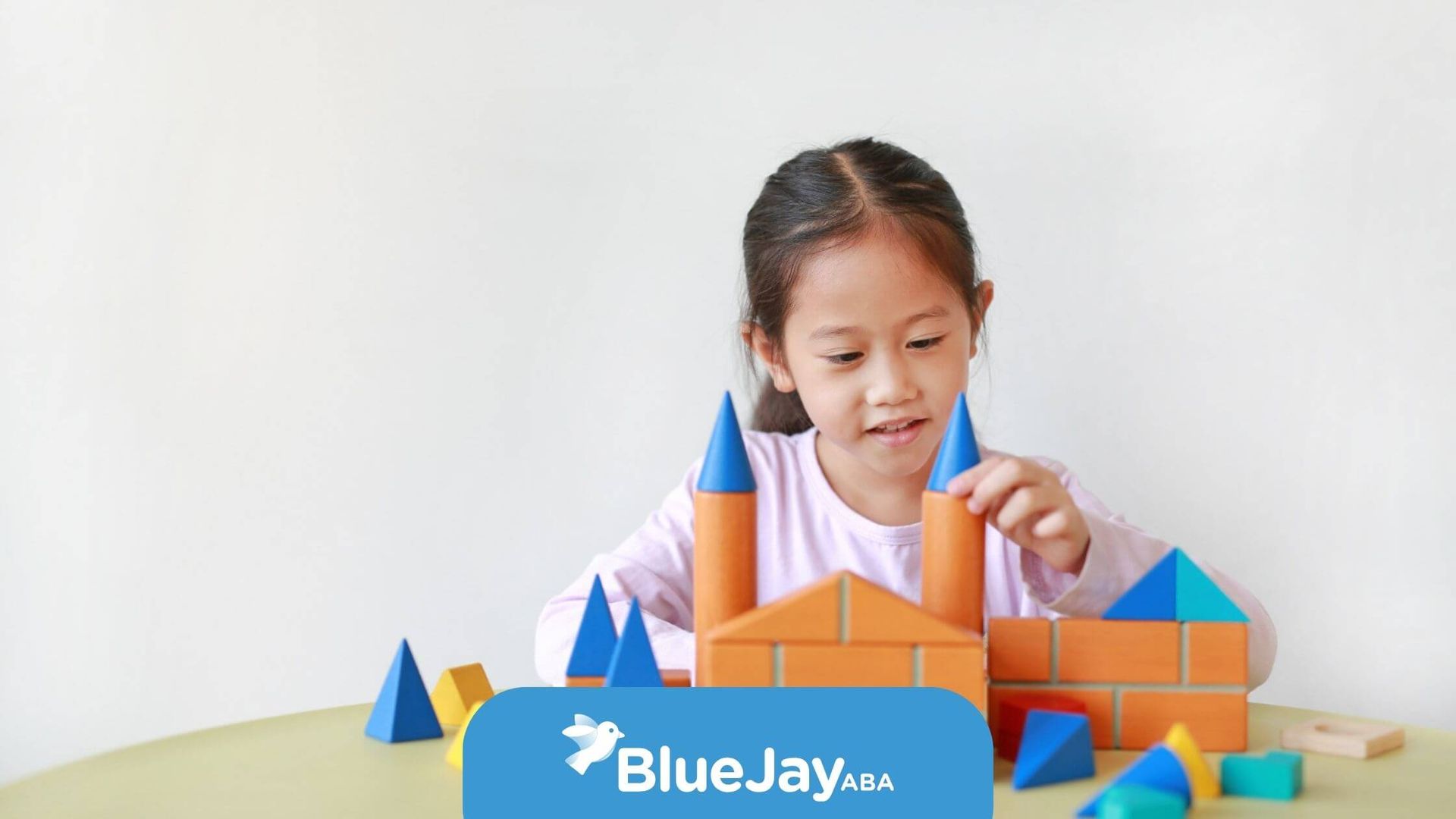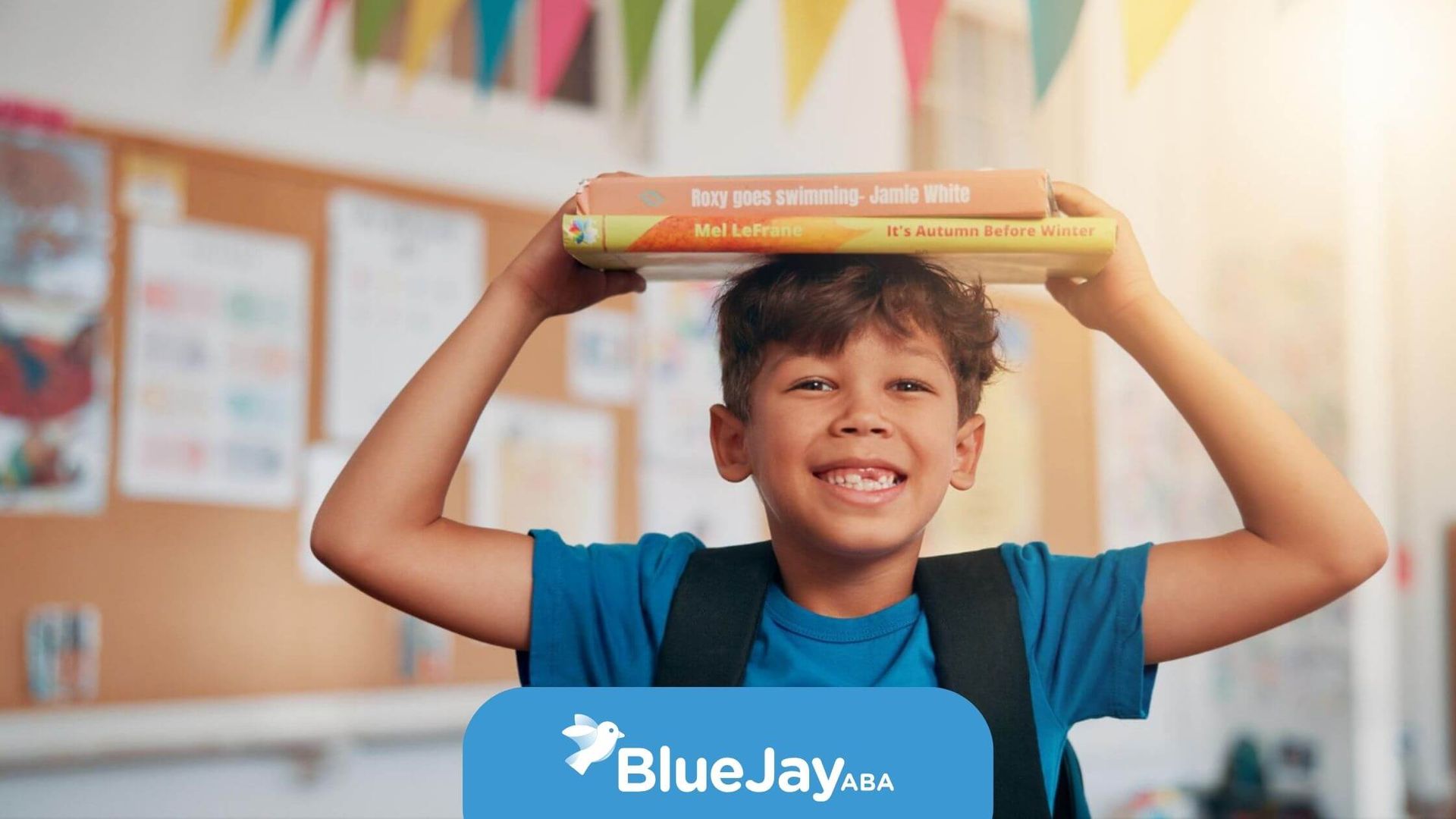What Is the Difference Between Autism and Sensory Processing Disorder?
Autism and Sensory Processing Disorder (SPD) are two
distinct conditions, though they share some overlapping traits. Autism Spectrum Disorder (ASD) is a
developmental disorder that affects communication, social skills, and behavior. Children with autism may have challenges with social interactions, repetitive behaviors, and difficulties understanding social cues.
On the other hand, Sensory Processing Disorder refers specifically to how the brain processes sensory information. Children with SPD may be hypersensitive (overreacting to stimuli like lights, sounds, or textures) or hyposensitive (underreacting to sensory input). While SPD can occur independently, it’s also common in children with autism, as many individuals with autism have sensory sensitivities.
The key difference is that autism involves a broader range of developmental challenges, including social and behavioral issues, while SPD focuses specifically on sensory processing difficulties.
At Blue Jay ABA, we provide personalized ABA therapy in North Carolina to help children with autism and sensory processing difficulties develop essential life skills and navigate their world more comfortably.
Is your child struggling with sensory processing or autism-related challenges?
Contact us today. We’re here to help your child thrive with tailored therapy.
SOURCES:
https://www.medicalnewstoday.com/articles/sensory-processing-disorder-vs-autism
https://pmc.ncbi.nlm.nih.gov/articles/PMC10687592/
https://my.clevelandclinic.org/health/diseases/sensory-processing-disorder-spd
https://www.autismspeaks.org/sensory-issues
https://pmc.ncbi.nlm.nih.gov/articles/PMC6997554/
Related Posts





